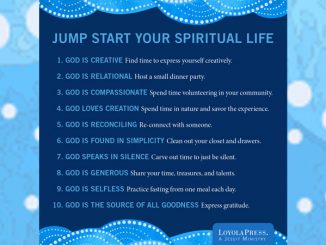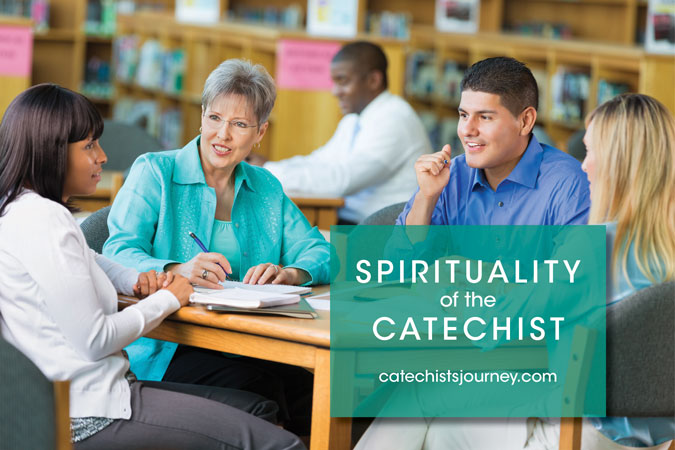Spiritual but not Religious? Here’s What it Means to Be Spiritual
Many of those we minister to these days will use the description, “I’m spiritual but not religious,” to describe themselves. This typically means that they seek a relationship with God but are wary, disillusioned, or just not attracted by institutional religion or denominations. One of the problems that folks in this situation encounter, however, is that being “spiritual” can be a very nebulous notion. We can help those interested in a deeper spiritual life by […]



